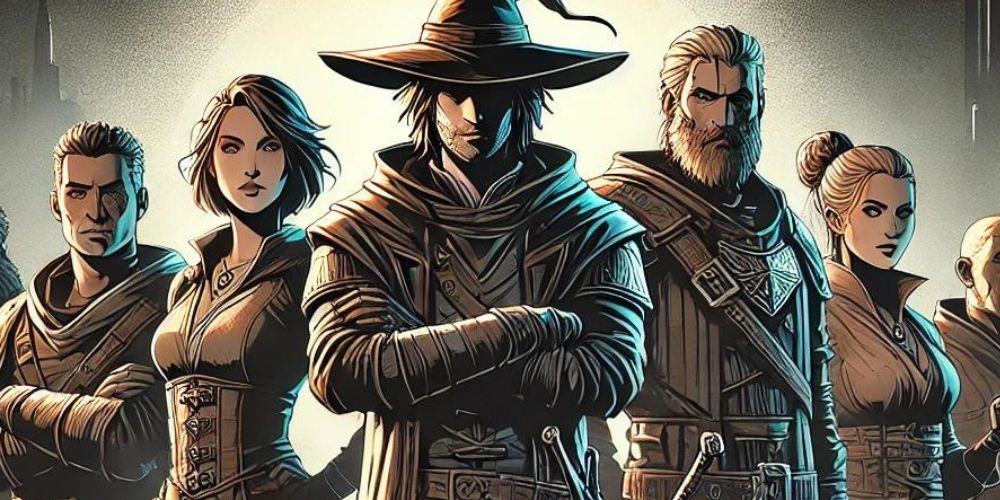
Amidst the swirling uncertainties and ominous layoffs besieging the gaming industry, Obsidian Entertainment has emerged under the watchful eye of gamers and industry professionals alike. The revered RPG developer was ensnared in speculation about its own stability following Xbox's startling series of layoffs and studio shutdowns despite reporting considerable profits. Notably, 16,000 developers across the industry found themselves without a job this year. Among the victims were Tango Gameworks, Arkane Austin, Alpha Dog Games, and Roundhouse Studios, fueling fears that no company, regardless of success, was safe from the chopping block.
The atmosphere has undeniably been charged with apprehension—the recent spate of layoffs across the sector has cast a shadow over Xbox's summer game showcases, calling into question the reliability of large corporations to maintain their acquired talent pools, even amidst financial success. Obsidian's CEO, Feargus Urquhart, revealed his perspective, steeped in the unpleasant memory of having to oversee three layoffs prior to the studio's acquisition. These days carried a heavyweight, second only to profound personal losses in Urquhart's life. Yet, he reaffirmed his commitment to the immediate present, focusing on the production of high-quality games such as Grounded, Pentiment, and the highly anticipated titles Avowed and Outer Worlds 2.
The crux of Obsidian's strategy moving forward appears to be one of diligent focus. Obsidian has anchored itself to the philosophy of crafting compelling gaming experiences as its ultimate defense against the volatility of the industry. Urquhart conveyed a robust sense of confidence and projected a sense of security in the studio's future with Xbox. This was showcased by the premiere of a new Avowed trailer during Microsoft's June showcase, an event that juxtaposed the sparkle of new game announcements against the recent troubling layoffs—a bittersweet tableau for the video game community.
Yet, the broader context is replete with contradictions: colossal profits juxtaposed with significant layoffs, a juxtaposition that has tainted the public's perception of Microsoft as a custodian of creative talent. With heavy hearts, the industry mourns the shuttering of studios, especially those like Tango Gameworks, whose recent success stories have been cut short. The core question remains: will high performance and critical acclaim suffice to safeguard a studio's future? Urquhart's remarks suggest that Obsidian is banking not just on the success of their current projects but also on the integrity of their partnership with Xbox.
In conclusion, Obsidian's leadership stands strong amidst an industry storm of uncertainty. Feargus Urquhart's message rings clearly as one of unwavering dedication to his craft and an implicit trust in the resilience of quality game design as a bulwark against the unpredictable winds of corporate decision-making. His assurance is certainly comforting, yet only time will tell if this storied developer’s current path will insulate them from the tremors of an industry where even successes are not immune to sudden downfalls. As the gaming community watches with bated breath, studios like Obsidian march on, armed with creativity, passion, and the hopeful message that, for now, their stories will continue to unfold.